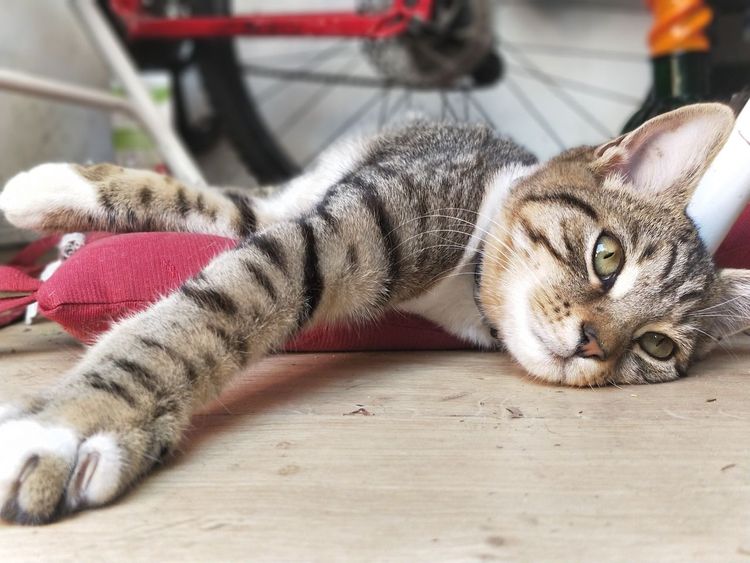The United Kingdom has joined the growing list of countries that do not legally recognize artificial intelligence as an inventor. A recent ruling by the UK Court of Appeal dismissed Dr. Stephen Thaler’s challenge against the country's Intellectual Property Office. In 2018, Thaler submitted two patent applications, designating his AI, DABUS, as the inventor, instead of himself. He argued that the patent should be granted to him “by ownership of the creativity machine.”
The Intellectual Property Office insisted that a real person must be listed as the inventor. When Thaler failed to comply, the agency concluded he had withdrawn his application. This led him to escalate the case to the UK’s High Court, which ruled against him, prompting an appeal. Lady Justice Elisabeth Laing stated in her judgment, "Only a person can have rights. A machine cannot. A patent is a statutory right, and it can only be granted to a person."
Thaler's legal battles continue worldwide, yielding mixed results. In August, an Australian judge supported the idea that inventions created by AI could qualify for patents, while in the United States, Judge Leonie M. Brinkema upheld a decision from the US Patent and Trademark Office, asserting that “only natural persons may be named as inventors in a patent application.” She acknowledged that advancements in AI could potentially redefine inventorship, but emphasized that "that time has not yet arrived," leaving any changes to patent law in the hands of Congress.







